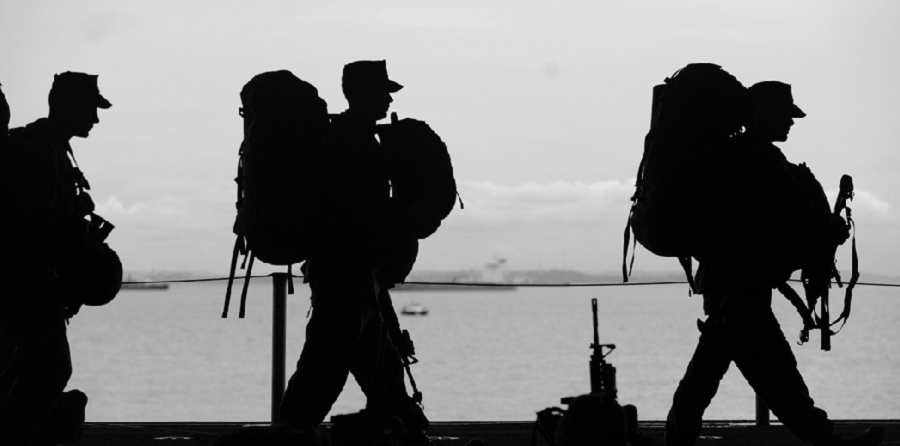Helping the Hidden Heroes with Storytelling

Recently, Ariel was privileged to participate in a storytelling program for the families of disabled veterans. The event took place in Washington, D.C. as part of an Elizabeth Dole Foundation program called Dole Caregiver Fellows, which provides military and veteran caregivers the support they need at the local, state, and national levels.
Partnering with The Homefront Foundation, an organization that teaches veterans how to tell their personal stories, we spent the afternoon with about forty Dole Fellows who support a disabled veteran family member.
These children, partners, and siblings are part of a community of more than 5 million caregivers across the country, called “Hidden Heroes” by the Dole Foundation, who each have stories that remain largely untold. On this day, Ariel helped prepare many of them to meet with their elected representatives in Washington to ask for the recognition and support that they deserve.
As is often the case, the simple invitation to tell their story to a group of peers was a profound first step in being recognized for the difficult work they do every day, with great nobility, for no other reason than dedication to a loved one.
Betty from Massachusetts told us about her son Kevin, who joined the air force after 9/11. He depends on her for care after a serious brain injury. While he has a difficult time speaking, she tells us that he still has the spirit and attitude of the young boy she raised.
Aimee talked about the strength of her three children and how they supported her in caring for their father, who returned from service with severe injuries.
Story after story described lives being turned upside down, and the creation of new and often more complex routines in order for injured loved ones to enjoy the company of their families after their service.
Liz Rotenberry, the Dole Foundation Fellows Program Coordinator, knows firsthand how an injury to a veteran takes a broad toll on the family. She told her moving story of strength and resilience in a New York Times article entitled My Husband Was Hurt by an I.E.D. The Lasting Injury Was to Our Family.
We all have a story to tell. Each one is a gift to the listener, who always learns something significant about our character. The story is also a gift to the teller, who, often for the first time, feels truly heard and understood in a way that is both healing and profound.
It seems like a simple thing to do, to articulate your own story. But if you’re truly authentic, it can be a hard and emotional story to tell—but it is so necessary. It is fundamental to the human experience, and something that is worth reminding ourselves to do in a world that can feel fast and impersonal.
So the next time you meet a military veteran or their family, ask them about their story. Then tell them yours. Our stories carry our history, our beliefs, and our character. These are the things that we need to function as individuals, organizations, communities, and nations.
Wishing you a happy holidays! During this time, please remember our veterans and their families.
What is your unique story? We’d love to hear it.
Ariel’s Outreach Program works with nonprofit organizations to help them effectively communicate their mission to corporate sponsors, partners, politicians, and government agencies using some of the techniques and exercises that we use in our corporate learning programs.
To learn more about these groups, visit their websites here:
